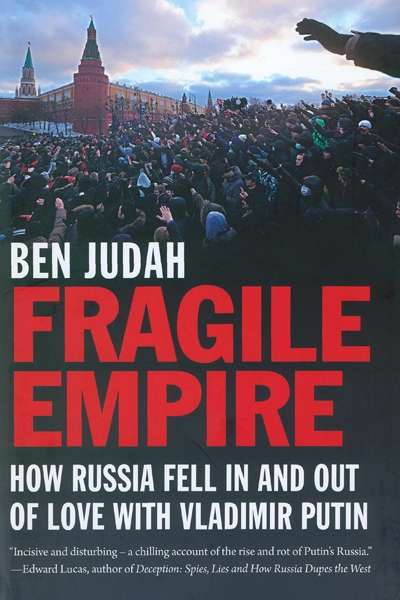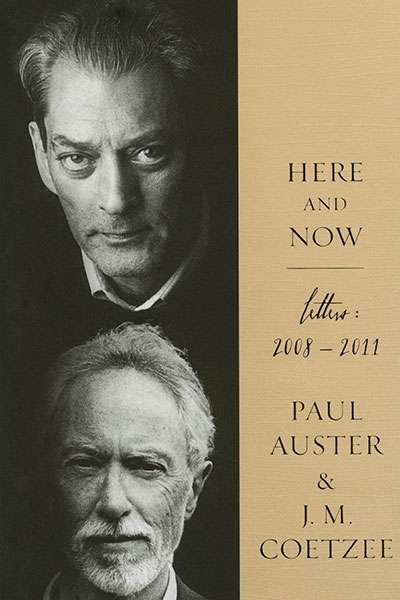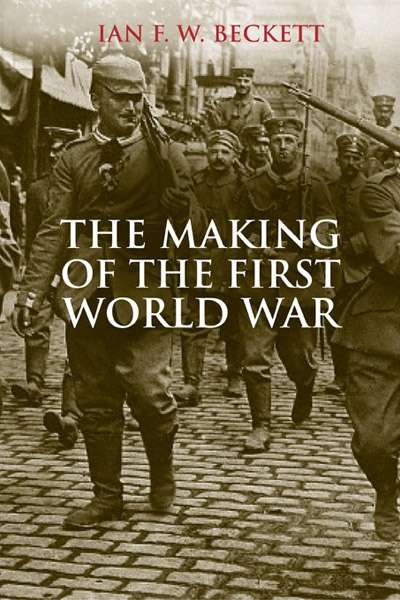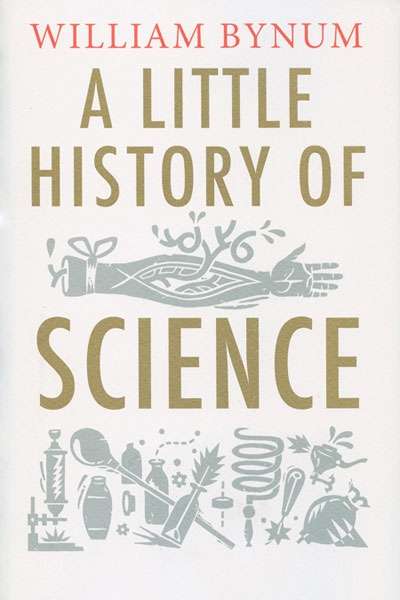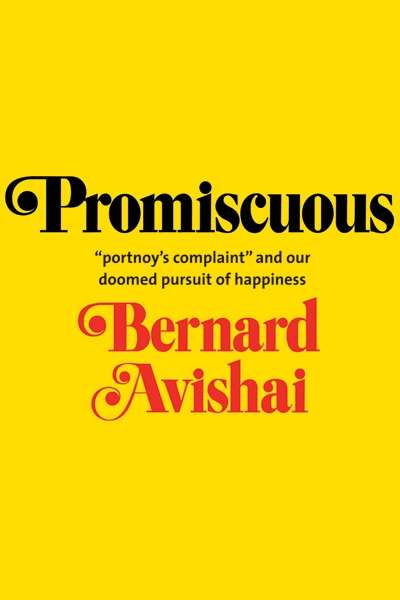Yale University Press
Fragile Empire: How Russia Fell in and out of Love with Vladimir Putin by Ben Judah
by Nick Hordern •
Extravagant Inventions: The Princely Furniture of the Roentgens by Wolfram Koeppe
by Christopher Menz •
Edwardian Opulence: British Art at the Dawn of the Twentieth Century edited by Angus Trumble and Andrea Wolk Rager
by Anne Gray •
Here and Now by Paul Auster and J.M. Coetzee & Distant Intimacy by Frederic Raphael and Joseph Epstein
by Miriam Cosic •
Promiscuous: Portnoy’s Complaint and Our Doomed Pursuit of Happiness by by Bernard Avishai
by Shannon Burns •

